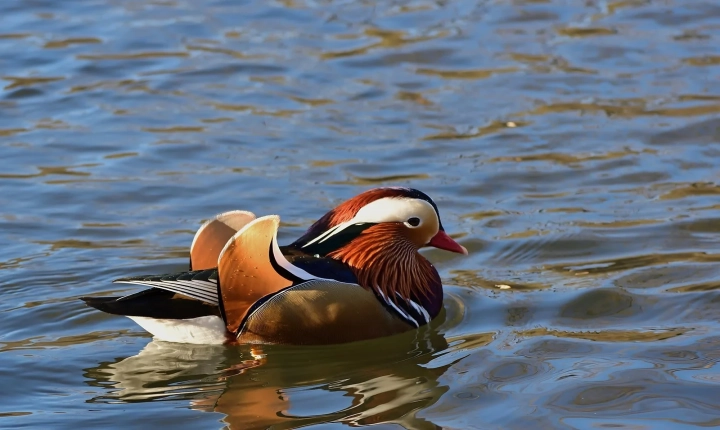Title: Can ChatGPT Generate Print-Ready Flyers? Exploring the Possibilities
In this digital age, businesses and individuals often need to create print- or web-ready flyers for promoting events, advertising products, or making announcements. Traditionally, designing flyers required a degree of creative skill and the use of specialized software applications such as Adobe Photoshop or Adobe Illustrator. However, the emergence of AI-powered tools is changing the landscape of graphic design, making it easier for people to create professional-looking flyers without extensive design skills.
One such AI tool is ChatGPT, a language model developed by OpenAI, known for its ability to generate human-like text based on prompts. But can ChatGPT, primarily a language-based AI, be used to create print-ready flyers? Let’s explore the capabilities and limitations of using ChatGPT for flyer design.
Understanding ChatGPT’s Capabilities
ChatGPT excels at understanding and generating text based on given prompts. It can generate coherent and contextually relevant content, making it useful for various writing tasks, such as storytelling, summarization, and generating product descriptions. However, the ability to create visually appealing design elements, such as images and layout, is not within the core competency of ChatGPT, as it is primarily a text-based AI.
Using ChatGPT for Flyer Content
One of the most valuable ways to leverage ChatGPT for flyer creation is by utilizing its text-generation capabilities. Users can input information about their event, product, or announcement, and ChatGPT can help generate compelling and persuasive text for the flyer. This can include headlines, event details, calls to action, and other written content that forms the backbone of the flyer.
Integrating ChatGPT with Design Tools
While ChatGPT itself may not directly produce graphic elements, it can be integrated with existing design tools to streamline flyer creation. For instance, users can use ChatGPT to generate text content and then import it into graphic design software like Adobe InDesign or Canva to combine it with visually appealing layouts, images, and graphics. This allows ChatGPT to handle the wordsmithing aspect of flyer creation, while empowering designers to focus on the visual aspects.
Addressing Limitations
It’s crucial to acknowledge that ChatGPT alone may not be sufficient for creating complex or highly customized flyers. Design elements like logos, illustrations, and intricate layouts typically require specialized design expertise or graphic design software. While ChatGPT can contribute to the textual aspect of flyer creation, working with dedicated design tools or professionals may still be necessary to achieve visually stunning results.
The Future of AI in Flyer Creation
As AI technology continues to advance, we can expect further developments in AI-driven design tools. With advancements in generative AI and machine learning, future AI models may be capable of handling more complex design tasks, such as layout recommendations and image generation. This could potentially expand the role of AI in the creation of print-ready flyers, providing users with more comprehensive design assistance.
In conclusion, while ChatGPT may not be able to directly create print-ready flyers, it can certainly be a valuable tool for generating content that can be integrated into the design process. By combining ChatGPT’s language capabilities with existing design tools and expertise, users can streamline the flyer creation process and produce compelling promotional materials. As AI technology continues to evolve, we can anticipate more sophisticated AI-powered design solutions that may further revolutionize the way we approach graphic design tasks.
